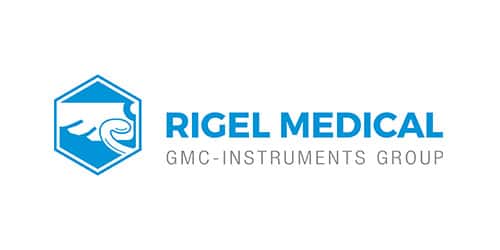Search Our Site
What is performance testing?
FAQ
Performance testing is implemented to ensure medical devices perform safely, reliably and accurately. The accuracy of a medical device is tested by comparative analysis with standa...
seaward.com/us/.../74-what-is-performance-testing
Why performance test?
FAQ
Medical devices are often high risk instruments, which are used to detect, diagnose, and provide treatment to patients. Performance testing of these devices ensures devices are fun...
seaward.com/us/.../75-why-performance-test
How to performance test?
FAQ
Performance tests are performed according to international standards and manufacturers recommendations to ensure accuracy and precision. The measurement accuracy of each medical de...
seaward.com/us/.../76-how-to-performance-test
What is defibrillator testing?
FAQ
External defibrillators provide high levels of energy to the heart of a patient after uncontrolled contractions of the heart muscles occur. The energy briefly stops the heart and t...
seaward.com/us/.../77-what-is-defibrillator-testing
Why test defibrillators?
FAQ
Defibrillators have an important role in providing the necessary intervention required for successful CPR procedures. Advancements in technology give emergency medical staff the t...
seaward.com/us/.../78-why-defibrillator-test
How to test defibrillators?
FAQ
Defibrillator testing varies according to manufacturer, however there are set essential requirements in the current IEC 60601 standard. A defibrillator analyser must be capable of ...
seaward.com/us/.../79-how-to-defibrillator-test
What is electrosurgery?
FAQ
Electrosurgical units (ESUs) are a crucial piece of equipment in operation rooms, used in 85% of all surgeries. These units use high frequency currents to generate heat and manipul...
seaward.com/us/.../80-what-is-electrosurgery
Why test electrosurgical units?
FAQ
The proper performance of ESUs is vital in ensuring the safety of patients and the management of hazards related to high frequency (HF) electrical current. ESUs must adhere to the ...
seaward.com/us/.../81-why-electrosurgery
How to test electrosurgical units?
FAQ
Performance testing of electrosurgical units (ESUs) relies predominantly on three crucial tests. HF Power tests measure the output current, voltage, wattage and crest factor using ...
seaward.com/us/.../82-how-to-perform-electrosurgery
What is infusion pump testing?
FAQ
An infusion pump is an electronic device used to control the administration of intravenous fluids to deliver measured amounts at careful and regulated rates. They can produce high ...
seaward.com/us/.../83-what-is-infusion-pump-testing
I'd like to talk to a sales advisor
Our team of sales advisors are on hand to help you with
any
queries you have about our products.
















Sign up to our Newsletter.
Stay up to date with the latest industry and product news, as well as our free educational content such as webinars and our expert guides.
Close